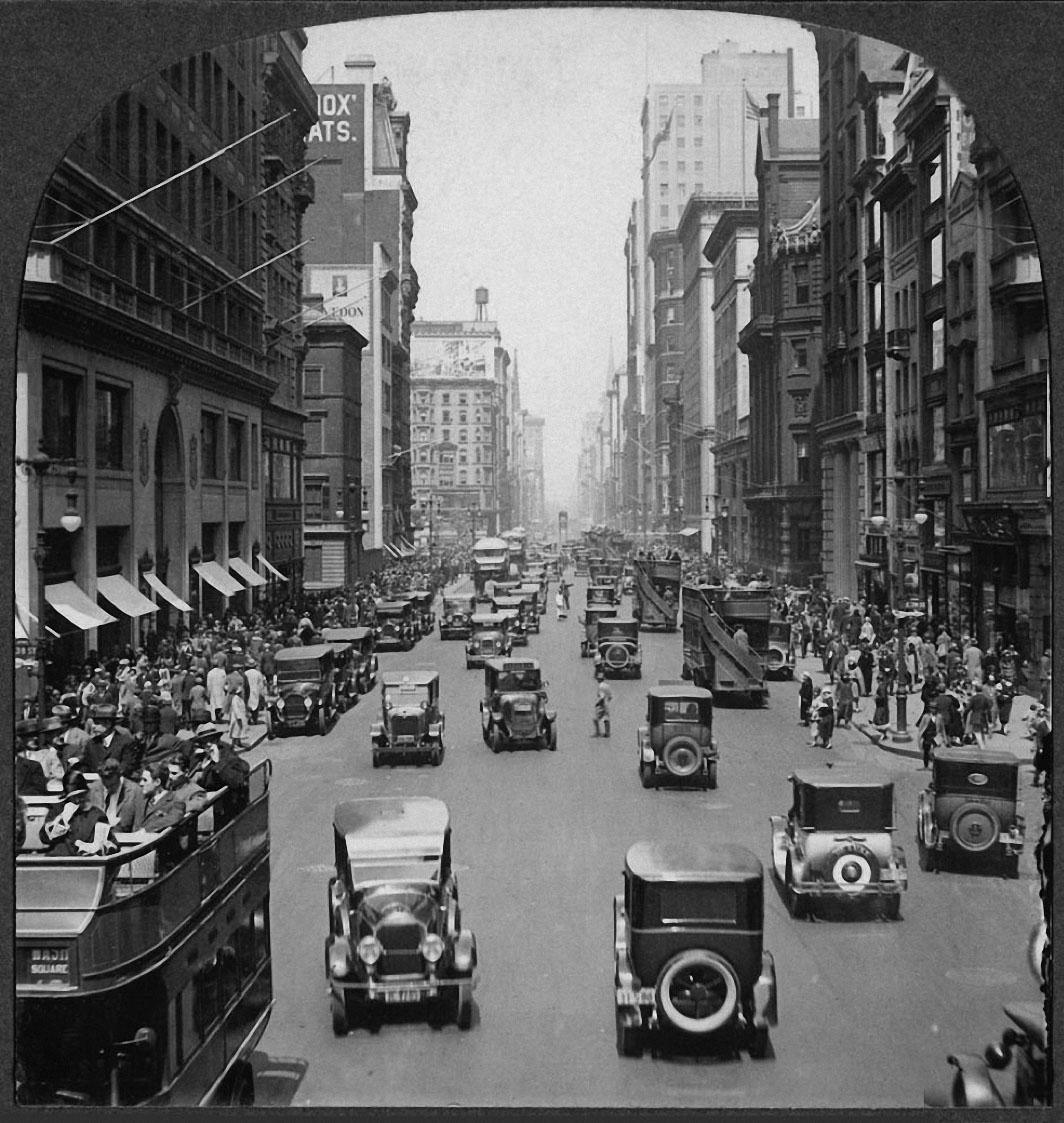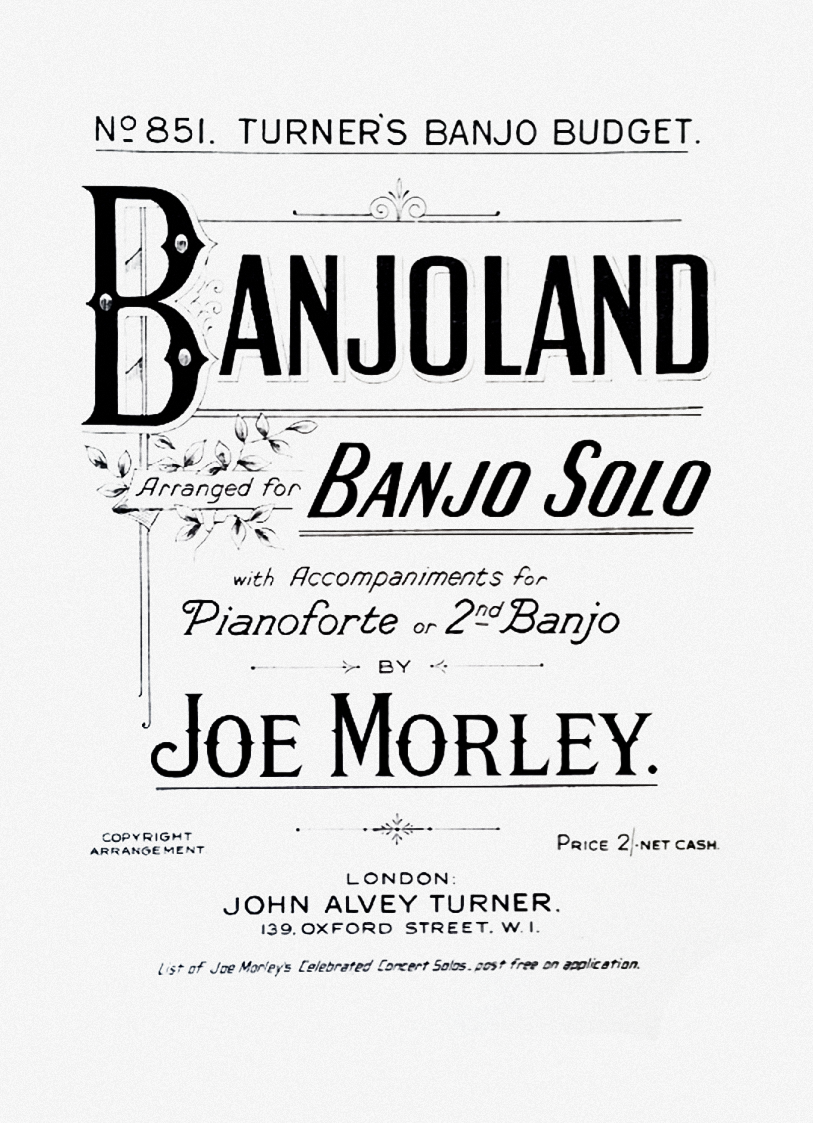A sip of an old matured banjo
Despite the fact that it became out of fashion, the old fingerstyle banjo - know today as the 'classic style' - is an important part of the history of the instrument. After the more primitive ‘stroke style’ launched in the 1830s, nationally and internationally spread out by the minstrel show, it has been the predominant playing style – on stage as in the parlour – of the late 19th and the early 20th century. Roughly imitated by ‘country’ players as Uncle Dave Macon (1870-1952) – the first star of the Grand Ole Opry –, or by Charlie Poole (1892-1931), who had themselves been inspired by virtuosos as Vess Ossman (1868-1923) or Fred Van Eps (1878-1960), it gave a new impulse to the ‘old time banjo’ of the 1920-1930, leaving a permanent stylistic imprint on the more modern ‘3 - finger style’ interpretations of Earl Scruggs (1924-2012), blending it with the ‘bluegrass’ created by Bill Monroe (1911-1996). After WWII, the bluegrass banjo emerged as a new and revolutionary style of playing the traditional music of the South.
On the other hand, after World War II and a long period of obscurity, the genuine old classic banjo style had almost disappeared in the US, although it's legacy will remain more alive in England. But nowadays, with the continuous efforts of the American Banjo Fraternity and the emergence of the internet, it's increasingly easy to access to the original sources1.
My modest renditions are played solo, without any accompaniment, but one should keep in mind that those pieces were usually written with a second banjo or with a piano part. They are home recordings. Consider them like demo tapes, delivered without pretention. This is not a definitive work but a work in progress. In the future some tunes could be exchanged by better takes, some new titles and recordings will also be added.
As one musician friend told me years ago, “classic banjo is fun”. It's also challenging, sometime tricky and defy the banjo player. I invite you to try your hands on it. You will not regret your efforts. It will for sure enhance your comprehension of the neck of your favorite instrument and enhance your musical skills.
Go ahead and enjoy.
Gérard De Smaele
June 25, 2023
After the Ball - Frank Bradbury
Banjo Caprice (The) - Frank Bradbury
Alabama Moon - Frank Bradbury
Banjo Frolic (A) - Joe Morley
Banjo Oddity - Joe Morley
Banjoland - Joe Morley
Banjo Vamp (A) - Emile Grimshaw
Banshee (The) - Emile Grimshaw
Belle Of The Pantomime - Joe Morley
Buckley’s Jig - James Buckley
Berkeley March - Brooks & Denton
Cake Walk - Joe Morley
Canadian Parade (The) - Joe Morley
Dance Morisco - Fred Bacon
Daily Practice (A) - Grimshaw-Morley
Donkey Laugh - Joe Morley
Egyptian Princess - Joe Morley
Footlight Favourite (A) - Joe Morley
Elfaletta - Joe Morley
Fun On The Wabash - Joe Morley
Lancashire Clogs - Emile Grimshaw
Mister Punch - Joe Morley
Marche de Concert - Olly Oakley
Ragtime Episode (A) - Paul Eno
Skeleton Dance - Norton Greenop
Telegraph Galop (The) - F.G. Chapman
Sunflower Dance - Herman Rowland
Zarana - Joe Morley


